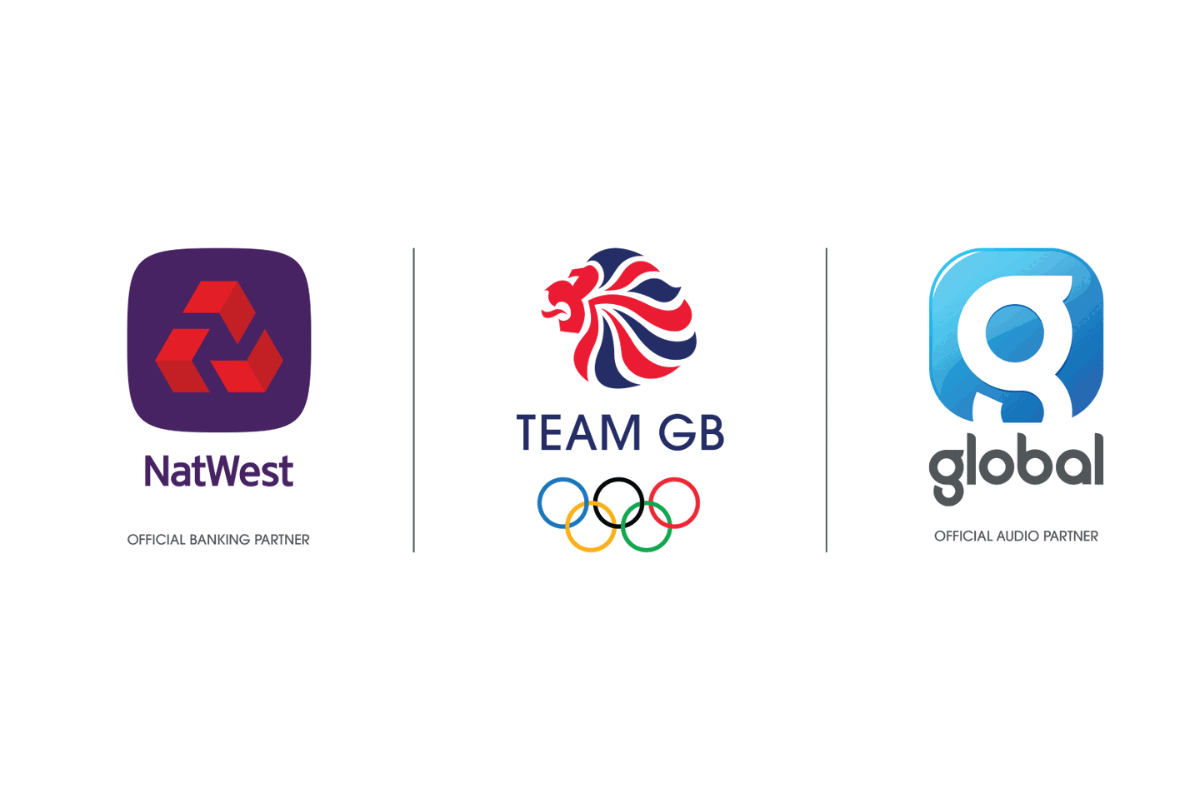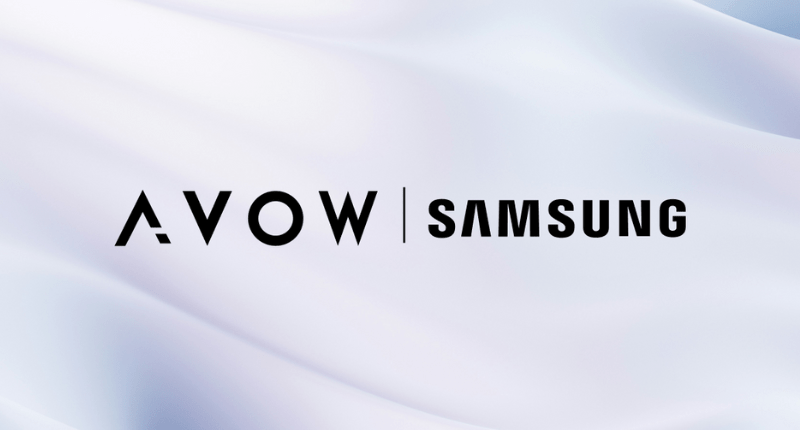 BuzzCity, the global mobile media company, has served more than 10bn ads across its mobile ad in a single month for the first time, having served 10.5bn ads in May. The company attributes the increase to greater consumer demand for mobile content, tied to its ability meet that demand with its own white-label content services, leading to record numbers in ads served on its network.
BuzzCity, the global mobile media company, has served more than 10bn ads across its mobile ad in a single month for the first time, having served 10.5bn ads in May. The company attributes the increase to greater consumer demand for mobile content, tied to its ability meet that demand with its own white-label content services, leading to record numbers in ads served on its network.
Through BuzzCity’s white-label service, content from its mobile media properties – Djuzz, Now-Cook and JAMsked – are shared with more than 1,000 content partners globally. The sites have been designed to satisfy mobile web users’ demand for relevant, useful and entertaining content via their phones. Providing and sharing this content also provides a great context for advertisers to promote their brands, BuzzCity says.
“Content syndication is a cornerstone of our business strategy, and is having a significant impact on BuzzCity’s growth,” says CEO, Dr KF Lai. “Demand is increasing for it, and testament to that is the diverse range of more than 1,000 partners we have across the globe. White-label services like ours make sense, as many mobile strategies rely on quality and relevant content as an important element.”
Djuzz, BuzzCity’s mobile gaming site, which launched last year, has seen more than 45m games downloaded since January. By Q3 2011, the site will also offers free indie music and movie previews. JAMsked currently promotes 40,000 gigs per day, and is distributed to mobile operators, handset manufacturers and mobile portals. The two sites currently attract around 3m unique visitors monthly.
Although the rapid growth of the smartphones sector has been well documented, it still accounts for just a fifth of the 1.6bn mobile devices sold last year, according to Gartner. But BuzzCity says another driver in the demand for content is the emergence of localized ’white-box’ manufacturers coming out of Asia, that provide lower-end phones with capabilities similar to those of smartphones. Just last week Yahoo announced a partnership with MediaTek, a supplier of microchips for mobile phones, to integrate Yahoo’s web services, such as IM and email, into its microchip packages which go into standard mobile phones.
“Mobile hotspots continue growing throughout the world, as the adoption of 3G is coupled with cheaper data rates,” says Dr. Lai. “However, alongside that, we are seeing the continued rise of affordable white-box phones which will provide access to the internet where there are no 3G networks, and to a wider audience who cannot afford the prices of the smartphone.”
















